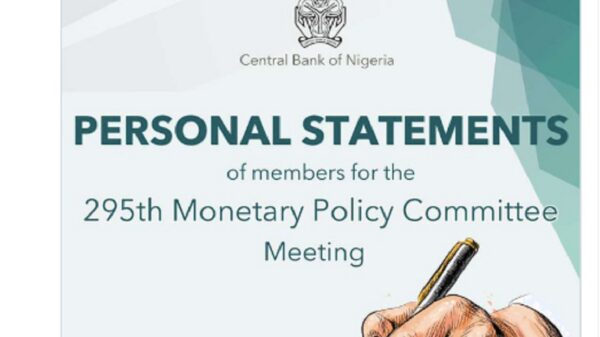The recent decision by the Central Bank of Nigeria (CBN) to lift the ban on 43 previously restricted items for foreign exchange access marks a significant shift in the country’s economic landscape. This move, including the inclusion of crucial items such as rice, cement, meat, poultry, and more, is poised to have a profound impact on the nation’s foreign exchange dynamics and trade balance.
Let’s delve into the implications and potential effects of this policy reversal on Nigeria’s economy.
Background
Since the initial enforcement of the policy in June, 2015 under the Buhari administration, the objective has been clear: to encourage domestic production and reduce dependence on foreign imports. However, challenges related to implementation and local production capabilities have plagued the effectiveness of the policy. With the recent shift in the CBN’s stance, it becomes crucial to assess the implications of this decision on various sectors of the Nigerian economy.
From 2015 to today, the CBN reversed the policy and added fouty-two items back into the FX pool. The implications of this change include potential problems for local producers, as the supply of certain items may not be available in the official market. As the items were moved from the Unofficial Market to the Official Market, the CBN’s promise to fund the market led to a poor supply of dollars. As the official price of the free market dollar is at 1,000 and above the official one is hugging 800, the dynamics of the market will continue to depend on the supply of dollars.
The CBN’s willingness buyer willing seller market theory suggests that the price will move to a price that clears the market. If supply doesn’t come into the market, nothing will change, and the dynamics of the market will remain unchanged. As the official price approaches of near 800, the free market dollar will move towards the 1,000 or the 1,000 will start moving to 800 until an equilibrium price is reached. However, the issue is where the dollar comes from, and this could affect local producers in Nigeria.
One of the criticisms for the policy of banning items is that the CBN is moving away from monetary policy and crossing over to the terrain of thread policy, which is more focused on promoting local production rather than monetary policies.
Enhanced Forex Supply and Market Dynamics
The key question remains: will the lifting of the ban lead to an increase in forex supply? While this decision might offer short-term relief by boosting liquidity in the Forex market, sustaining this balance is contingent upon the supply chain dynamics. A balanced approach, factoring in local production capacities, demand levels, and potential market impact, remains essential for sustainable growth.
Impact on Local Producers and Industry Dynamics
The move to re-instate Forex access for the previously banned items can potentially affect local producers in Nigeria. While the policy aims to balance trade and safeguard local industries, its success hinges on the effective implementation of appropriate tariffs and regulatory measures. Failure to ensure fair competition through the right tariff structures could lead to a surge in cheaper alternatives, thereby posing a threat to the local production industry and the employment it generates.
Future Implications and Challenges
Looking ahead, the success of this new policy direction rests on the effective management of market dynamics, supply chains, and regulatory measures. The implementation of stringent measures to prevent smuggling and ensure fair competition becomes pivotal in safeguarding the interests of local industries and promoting sustainable economic growth.
In conclusion, while the CBN’s decision to lift the Forex ban on 43 items offers a glimmer of hope for Nigeria’s economic prospects, the long-term sustainability and success of this policy rely heavily on a well-coordinated strategy that addresses local production capabilities, market dynamics, and regulatory frameworks. A comprehensive approach, balancing trade protection with market openness, remains imperative for fostering a resilient and self-sustaining economy.
The fiscal side of a country discourages imports or exports through duties, tariffs, and levies. This protects local markets and allows imports to enter countries like Ghana. However, the issue now is the application of these duties on products. The government and regulatory authorities are responsible for ensuring these duties are applied and prevent smuggling. If the duties are not correct, imports may smuggling into Nigeria, affecting local manufacturing. This could lead to a problem for the company importing goods and causing local manufacturing to suffer. Therefore, it is crucial for the government to ensure the correct application of duties to prevent smuggling.





















































You must be logged in to post a comment Login